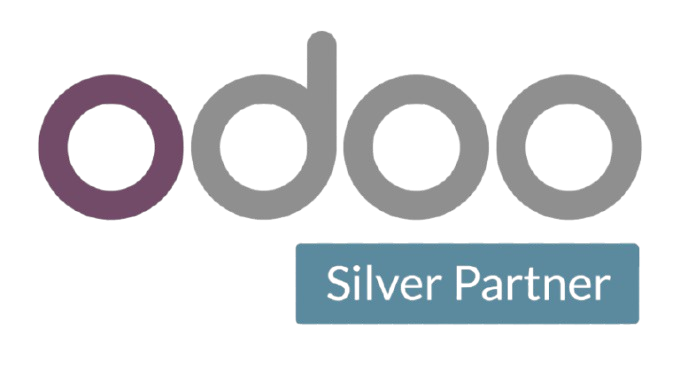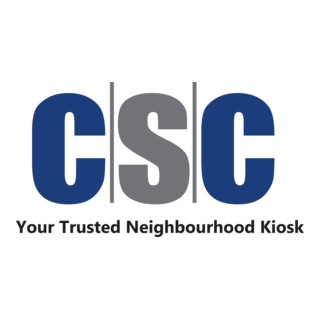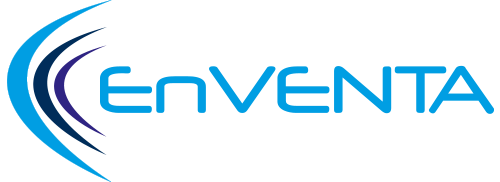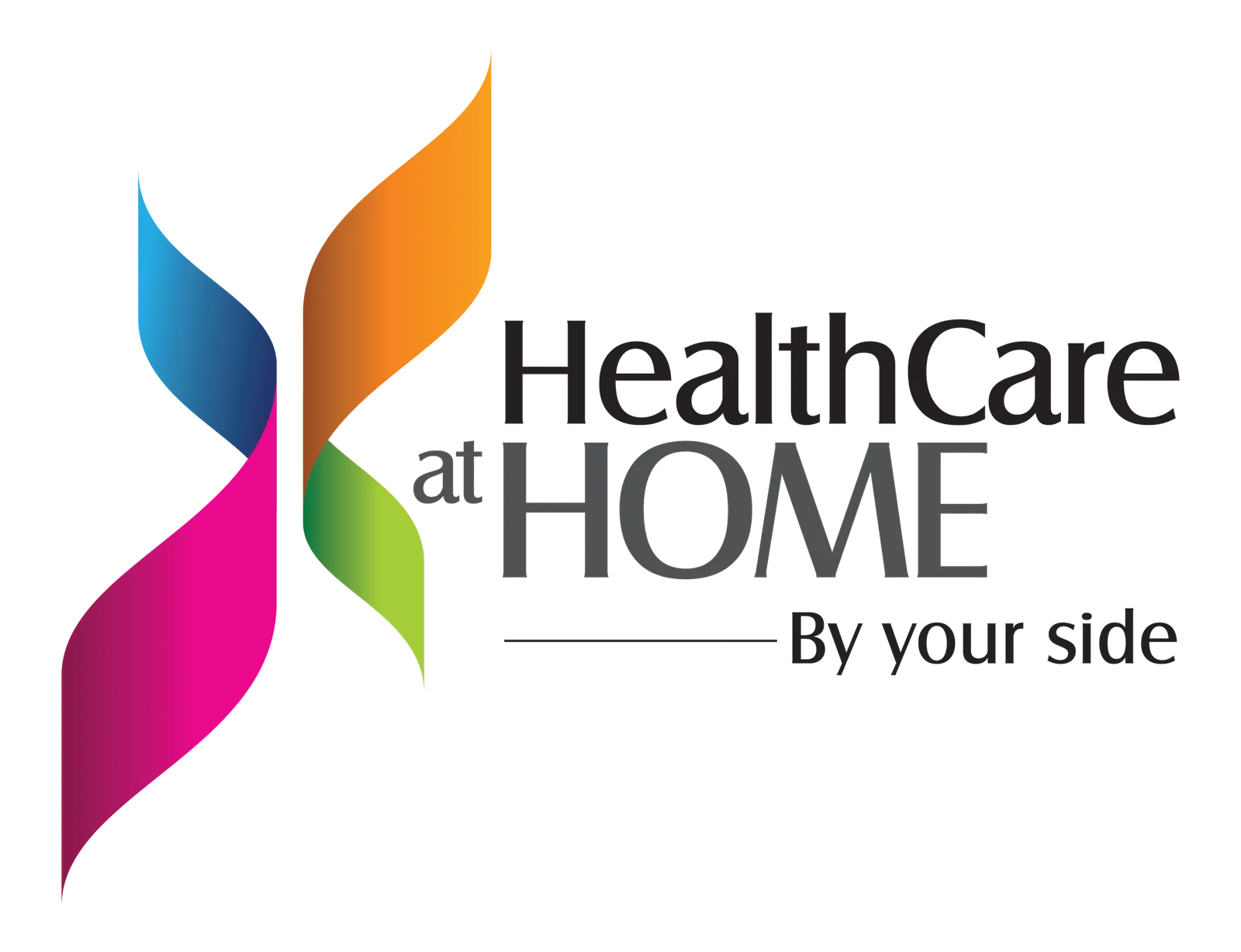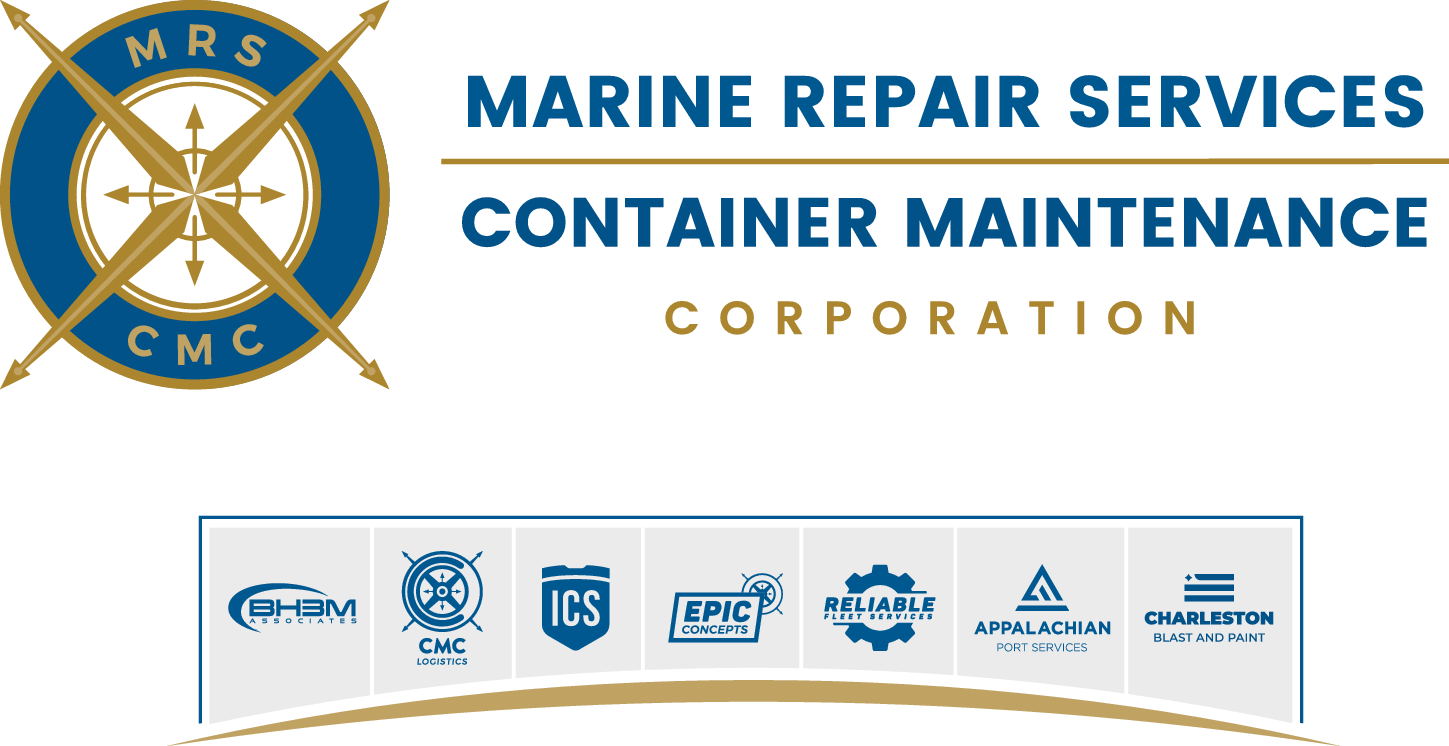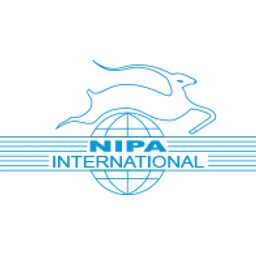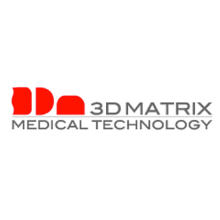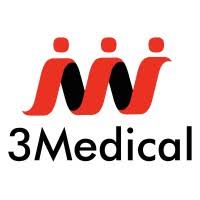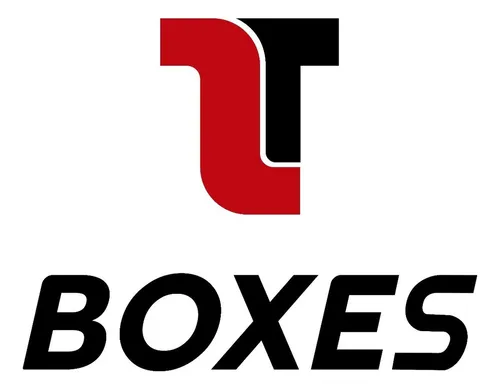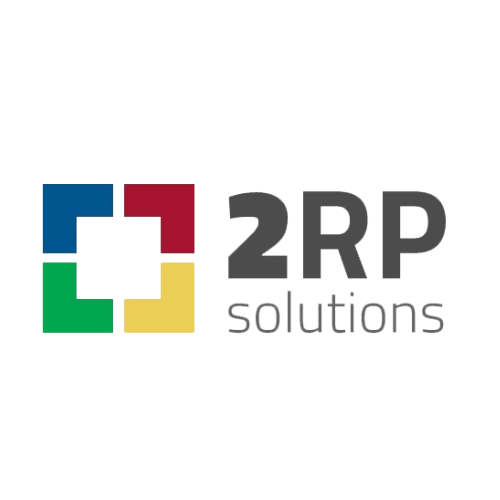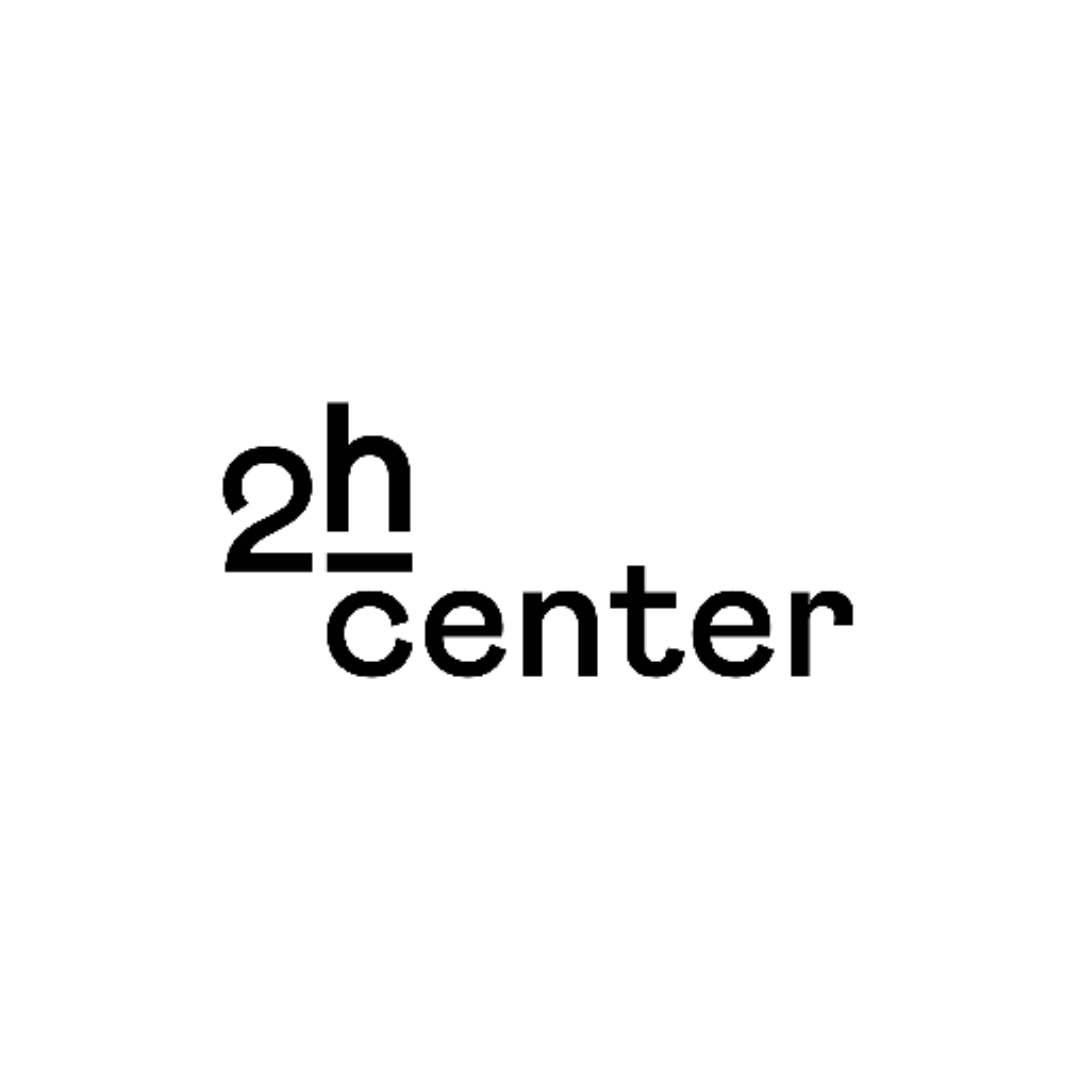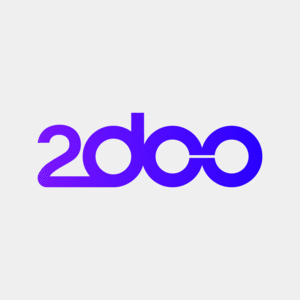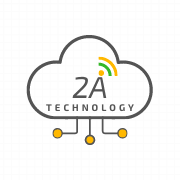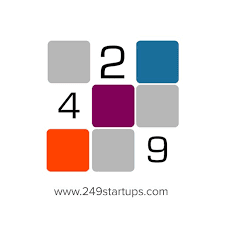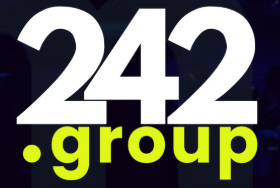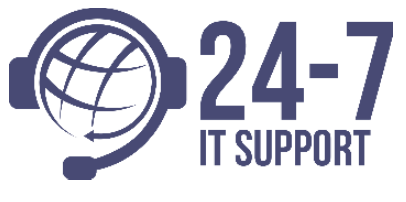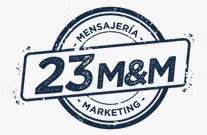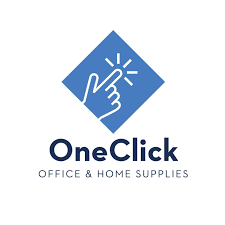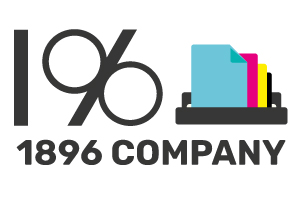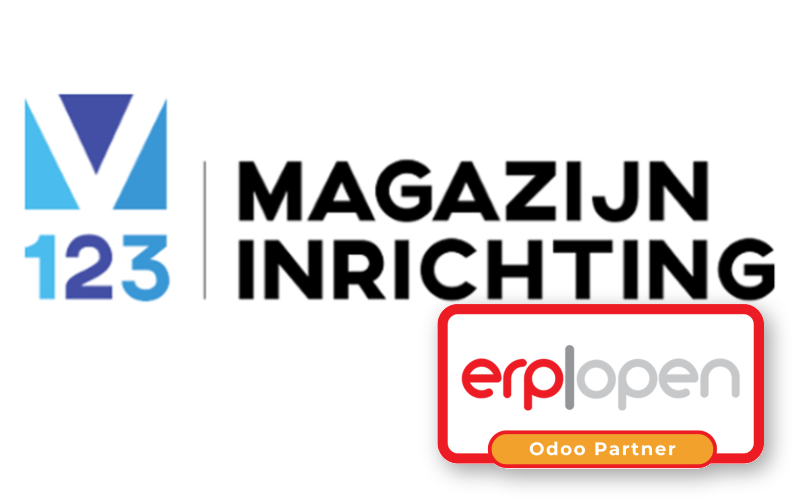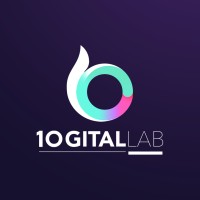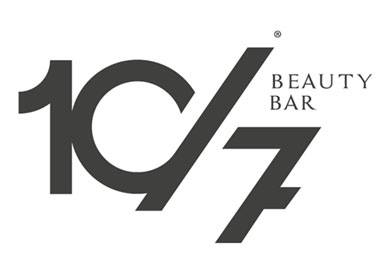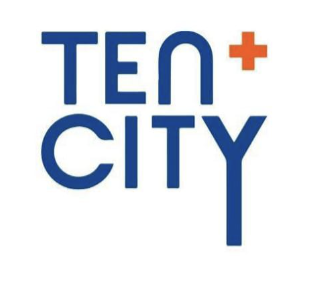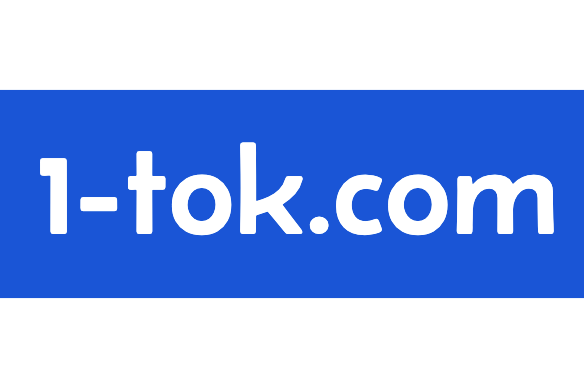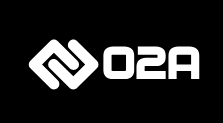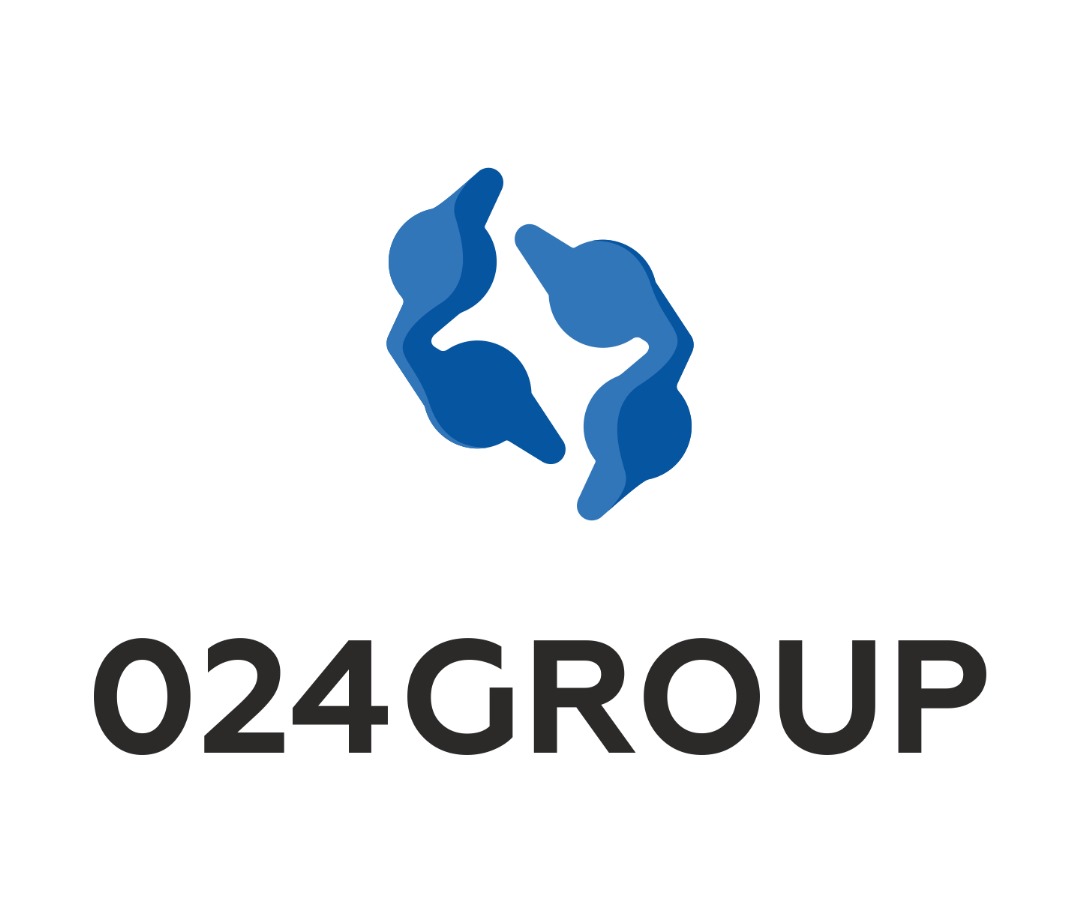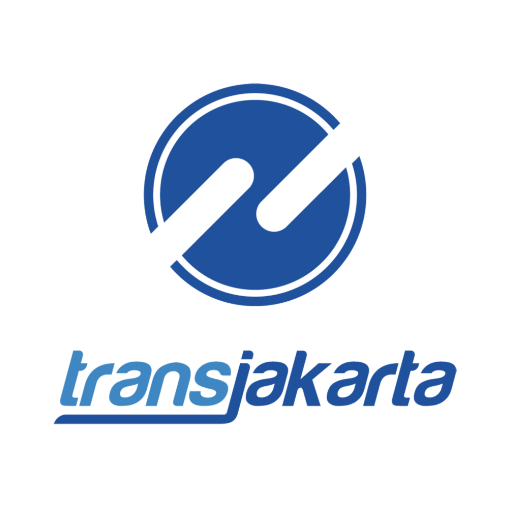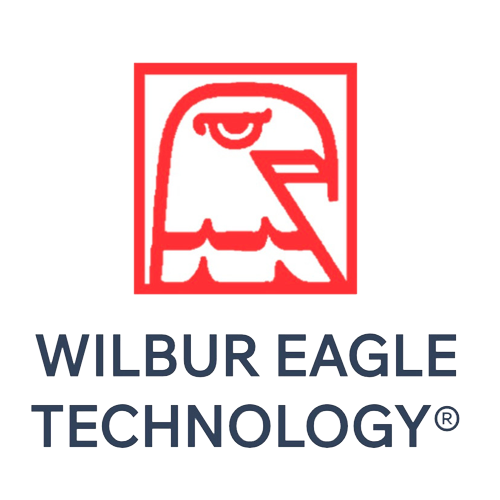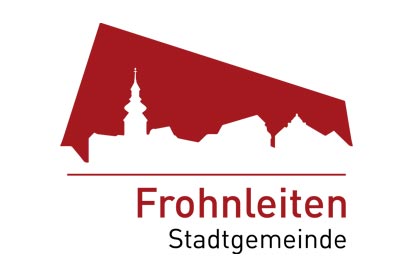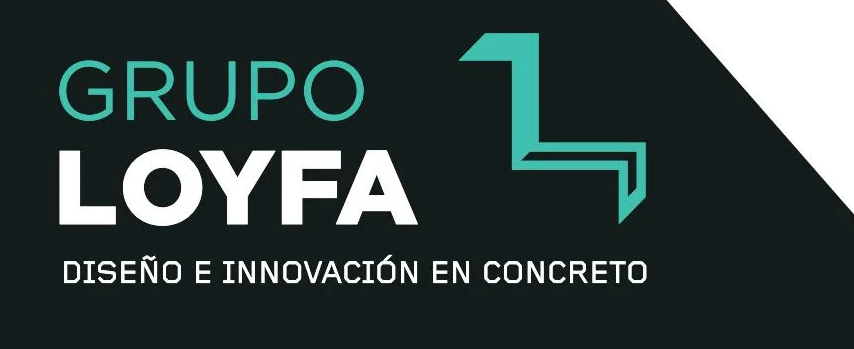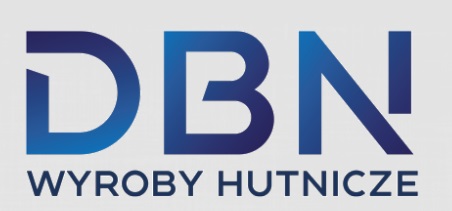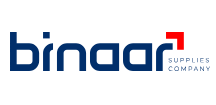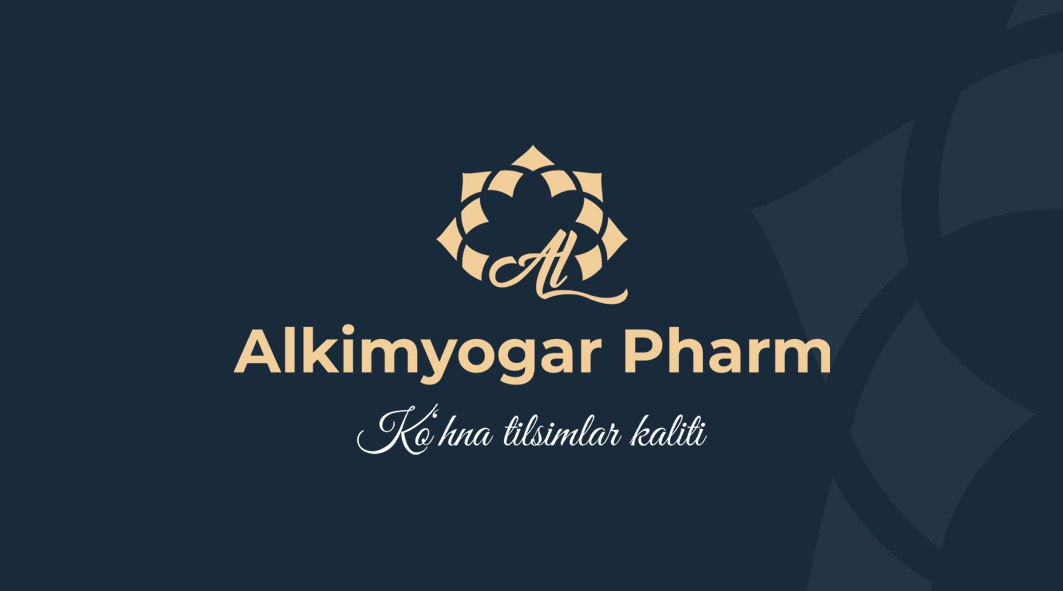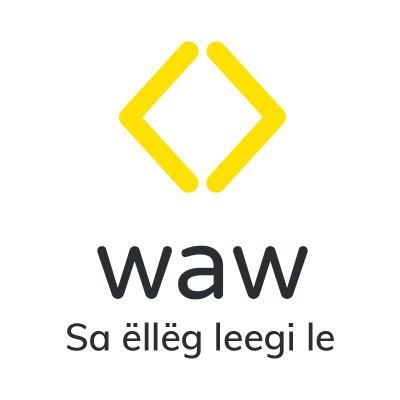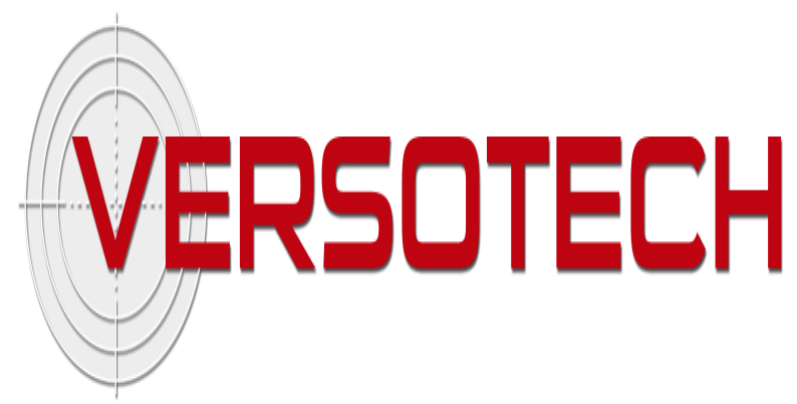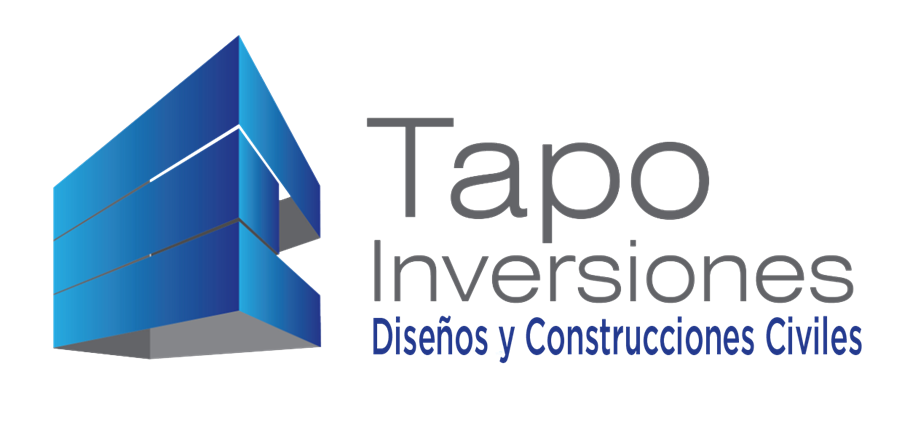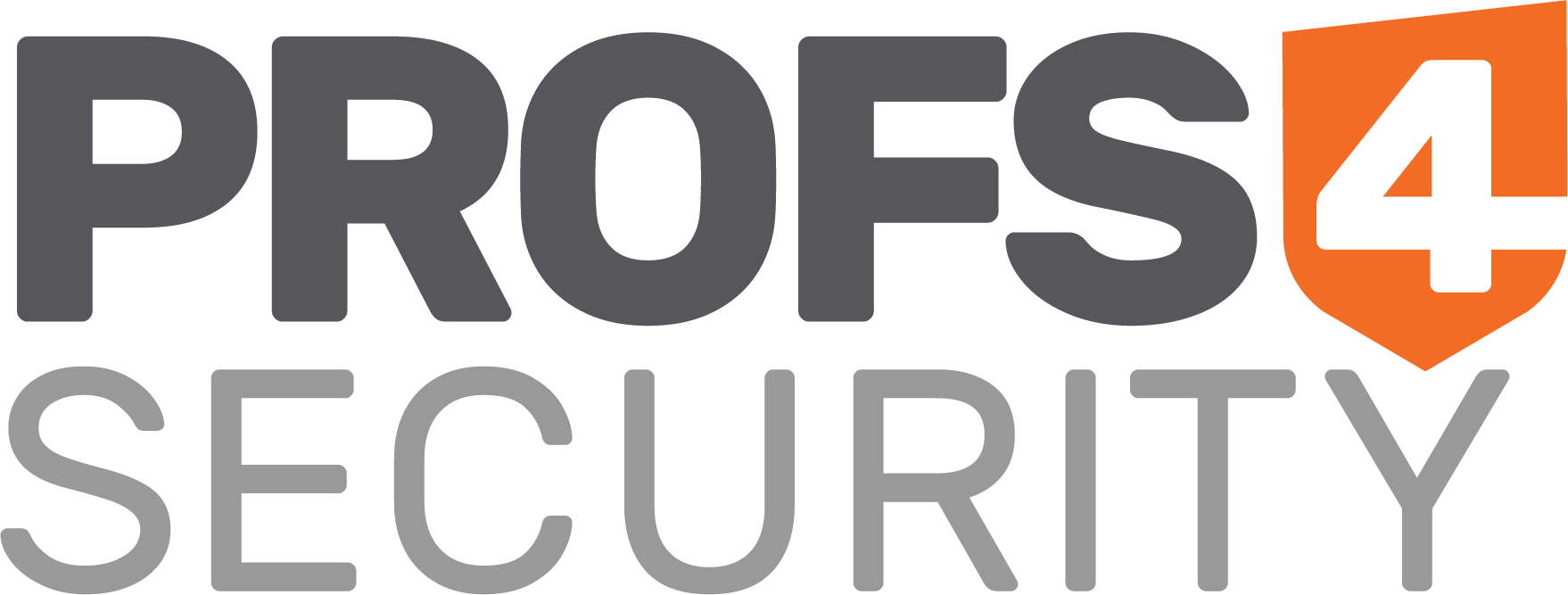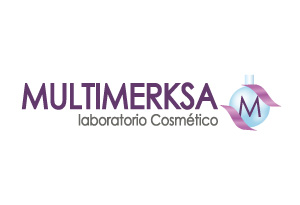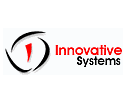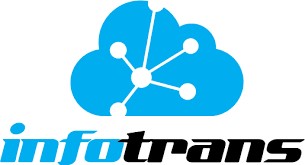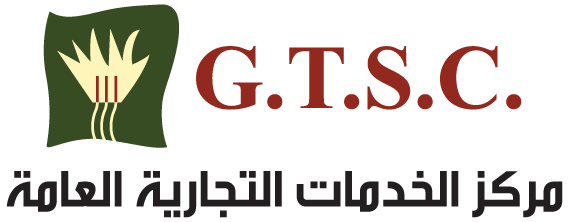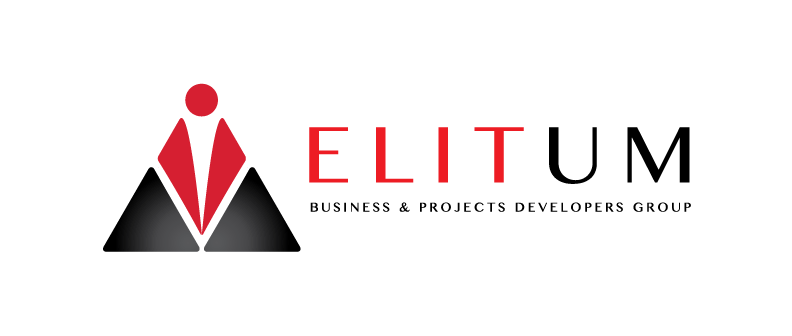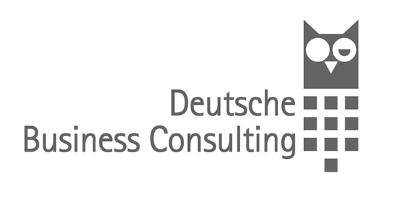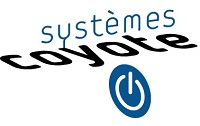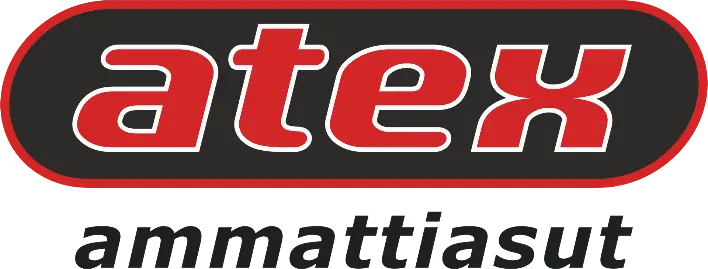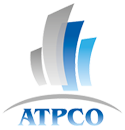Client Overview
Medilife Multispeciality hospital in Lucknow, Uttar Pradesh (India), is a leading provider of complete healthcare solutions that offer a complete set of services ranging from treatments, prevention, and recovery. The client has a multi-speciality hospital that offers a range of services that include general medicine, cardiology, orthopedics, OPD for emergencies, and diagnostics.
Project Overview
They were looking to digitize their current patient care and operations through the hospital information system(HIS) and CRM implementation. This was taken into consideration, and the implementation cycle engagement duration was proposed to be 7 months. The engagement duration included the end-to-end implementation along with a 2-month support period for any changes or bug fixes.
Challenges & Objectives
There were a lot of challenges in the operations of the hospital that were hindering their progress.
As the hospital operations were on manual entries, all departments were not interconnecting, and there was a problem with live data availability for each department.
Excel and paper files were used to make patient and customer entries and maintain the data. Hence, the data was not centralized, which often led to frequent issues that made patients repeat their tests.
The patient data was scattering within the hospital sections, which created a problem in compliance with the healthcare compliance regulations. Also, the billing section made billing errors as they did not have the correct patient data, or it was incomplete, due to a communication gap between the teams.
Teams faced problems when it came to taking patient follow-ups or retaining patients due to a lack of a retention system in place. Limited availability of operational and employee KPI data, which was not allowing the top management to make informed decisions. Also, huge communication gaps between the operational teams caused delays in the work process within the hospital.
No such system was in place that could allow them to send live updates to patients for their appointments or any emergencies.
Scope of Work
Now, let’s focus on the project objectives that need to implement to resolve their challenges. We will break them down into brief pointers for a clear understanding-
- Implementation and deployment of HIS and CRM to digitize and streamline patient care and hospital operations.
- Workflow automation that will help reduce errors and overall improve the customer’s/patient’s engagement model.
- Enabling the top management to get real-time insights and reporting on the hospital operational data for overall smart decision making.
- Streamlining the patient registration process(making it digital) to make it easier to get services by cutting down on wait times.
- Implementing patient appointment scheduling and how their queues in hospitals are managed with respective alerts.
- Set up a centralized patient medical history(EMR), making it easily accessible to authorized users.
- Managing the complete data for the inpatients(care requiring hospitalization >24 hrs) and outpatients(care without hospitalization).
- Integrating the laboratory information system to help track test reports, along with equipment integration.
- Management of pharmacy for tracking the Inventory, prescriptions, and medication expiry tracking.
- Automating the billing and revenue cycle to reduce errors, and making the system insurance compliant.
- CRM implementation requirement that helps with patient segmentation, creating auto follow-up, and retaining customers through re-engagement campaigns.
- Making sure that the top management is always updated on KPIs through reporting dashboards and audit-ready compliance.
- Transitioning the workforce to the new implementation by providing hospital-specific industry training and creating the SOPs for a better understanding of the system.
Solution Design & Implementation
Solution Approach:
Coming on to the solution approach that we took up, let’s break it down into main points –
- We checked the actual business process by analyzing it at the micro level and then mapped the current workflows of operations.
- Some of their requirements made us develop custom Odoo modules, and then we successfully integrated them within the system.
- Also, third-party system integrations were to be managed so that it would ensure that their requirements are fulfilled.
- We also made sure the changes were informed and accordingly, comprehensive staff training was provided for a smooth transition.
Implementation Process:
We had broken down the deployment process into 5 stages, allowing us to have a structured and phased approach for the implementation process.
Phase 1: Helped us gather all of the healthcare requirements without gaps. Apart from that, it helped us to understand the healthcare system better for system design purposes.
Phase 2: We started development on the required modules that would cover their functional requirements. Alongside, we also integrated other third-party apps for the system development.
Phase 3: We made sure to verify and clean the data by eliminating duplicates and correcting any formatting problems between the old system and the new one for a proper data migration. This phase also includes the user acceptance testing, where we made the end users test and report the issues.
Phase 4: We gave functional training to the employees so that they become aware of the workflows that they have to go through and after that we stepped to making the system live.
Phase 5: Post live, we provided SLA based support that included the resolution of issues, a review meeting with various medical department heads, and optimization of the system as per requirements.
Execution Challenges
Yes, there were some important challenges that we take care of, to name a few –
- The clinical staff was resisting the digital adoption, but we made sure that this transition, with proper training, helped them accept the system.
- We had to do a lot of dedicated work that included complex integrations of the lab and pharma systems.
- The rollout should take place without disrupting the current operations of the hospital.
Results & Impact of Implementation
Yes, the results were outstanding, and it was almost as per our expectation.
Key Metrics & Outcomes:
- There was a 20% hike in the operational efficiency of the staff.
- Patient engagement and follow-ups showed a 25% rise.
- Billing errors were reduced to almost 40%.
- Improved coordination and service speed were seen on the hospital floors.
What was the Impact on Clients’ Healthcare Business?
- Speed was increased in the processes of patient admissions and when they were discharged.
- Satisfaction and retention of customers were increased.
- Spike showed a better revenue cycle along with accurate billing.
- Every record had regulatory health compliance, which in turn helped them in audit trails.
Client Feedback & Innovations
Client Testimonial:
Well, Odoo-based HIS + CRM implementation has transformed the way now our hospitals operate. From streamlined patient intake to proactive follow-ups, we have gained better control and visibility. — Dr. Rajiv Kapoor, Medical Director
Innovations Introduced:
- Automated CRM based patient campaigns and retentions.
- WhatsApp and SMS integration for communication.
- Real-time dynamic dashboards for management and clinical staff.
Key Learnings & Project Team Associated
What Lessons We learnt:
- We have seen that it’s critical to have early user engagements for better process understanding that can help in proper implementations and can reduce errors or gaps in the implemented system.
- To avoid disruption in the system, we must always take a phased implementation approach.
- To ensure the long-term success of a project, there is a need to provide continuous training and on-site support to the clients.
Responsible Team & Key Contributors
- Project Manager: Ritesh Sharma
- Functional Consultant: Dr. Swati Verma
- Odoo Developers (3)
- Onsite Coordinator & Trainer
If you need help in implementing Odoo for the healthcare industry, we will be more than happy to assist. Just drop us an email at gaurav.kumar@apagen.com or call us at +91-9971800665
